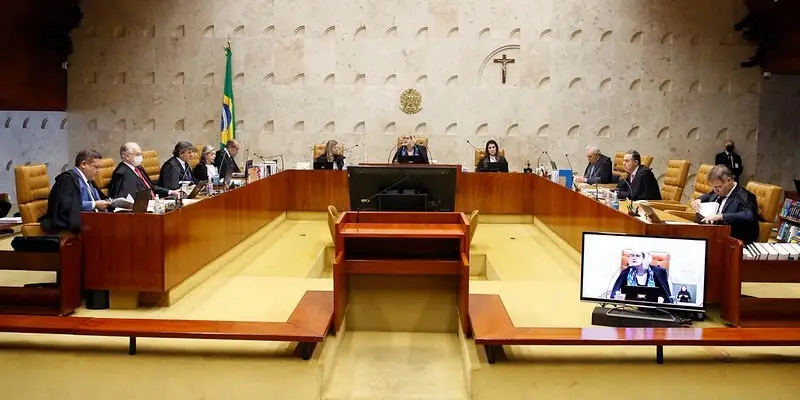By J.R. Guzzo*
The annulment of the pardon that former president Jair Bolsonaro granted to former congressman Daniel Silveira is an act of revenge by the Supreme Court (STF); it has nothing to do with the law.
The seizures of his cell phone and passport are acts of revenge. It is an act of revenge for the arrest of the Army officer who was an aide-de-camp to the former president and who, by the Military Statute, could only have been arrested in flagrante.
It is a continued act of revenge for the arrest of the former Secretary of Security of Brasília for a suspected omission in the attacks on the palaces of the three branches of government on January 8.

The decision of the STF to create its own Internet censorship law in Brazil is an act of revenge since the House of Representatives did not approve the censorship bill that the Lula government wanted to impose on the country, in its biggest political fiasco so far, the official “shut-up”, as one of the ministers says, will come by direct order of the Supreme Court.
How can we think that a country where the public powers rule by revenge and a police force that looks more and more like the KGB instead of obeying the Constitution and the laws is a democracy? It is not.
The case of the annulled pardon makes no sense, neither from a legal point of view nor from the point of view of common logic.
Justice Alexandre de Moraes decided the annulment; almost all the other Justices, as if they were a political party that votes the same as the chief on a “closed issue” (and everything Moraes decides is a closed issue), agreed with him.
But the pardon was perfectly legal; it could not be judged nor eliminated.
Nobody here is a “jurist” to say that; the Justice made it clear in the judgment that “non-jurists” have no right to touch the subject.
But who said that the presidential pardon is legitimate was Alexandre de Moraes himself.
“The act of clemency is privative of the president of the Republic,” he said in plenary years ago.
“We may like it or not, but the act does not disrespect the separation of powers. It is not an illicit interference in criminal policy.”
In short, according to the Justice: a pardon of any kind is a legal prerogative of the president. Why has it ceased to be?
It ceased to be because the president in question is Bolsonaro, and the STF has long since resolved that Brazilian law does not apply to him and his allies.
The Constitution obliges it to apply – but the former president is a “right-winger,” and the extinction of the “right” has become a matter of “national interest,” which is placed above any legal precept.
In its name, censorship, suppression of rights, and the transformation of Brazil into a police state are valid.
*published in O Estado de S. Paulo on May 7, 2023.

